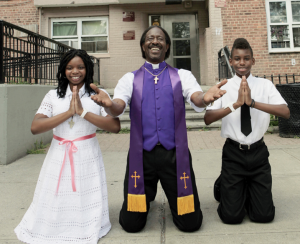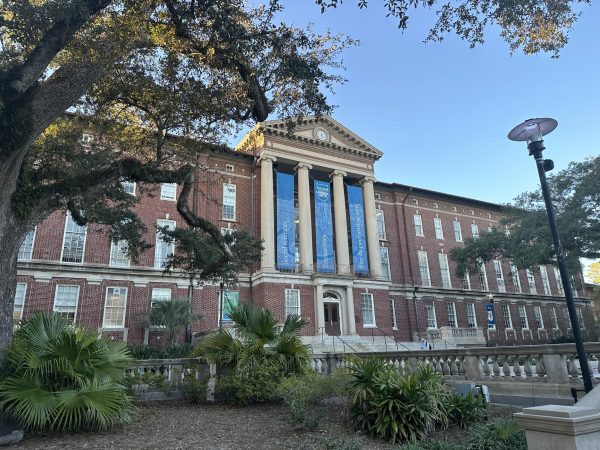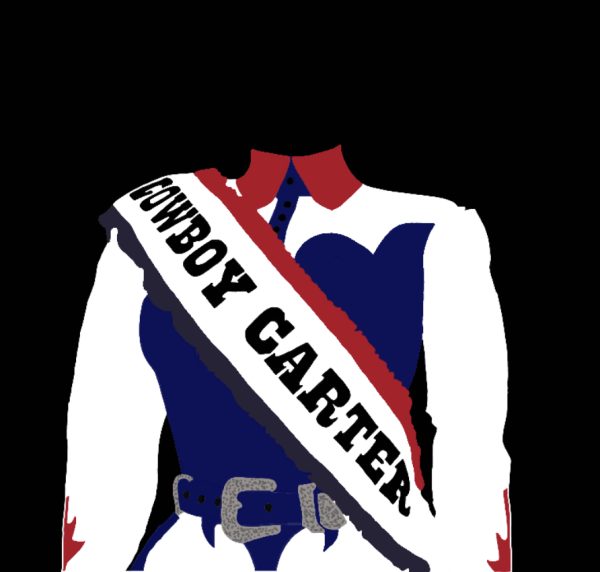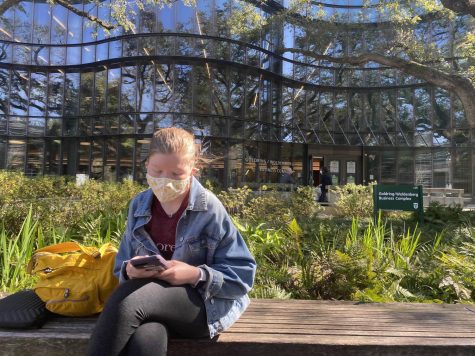No headline provided

August 24, 2012
Race is the last taboo, an issue with a seemingly infinite number of distinct angles and approaches. The intricacy of the topic proves fortunate for Spike Lee, who has drawn from that endless well for each and every of his many ventures, whether it be interracial dating, the portrayal of black individuals and culture in the media, or the role of black soldiers in wartime. In his latest effort, “Red Hook Summer,” Lee turns his lens on another topic as equally complex and compelling: religion.
When reserved 13-year-old Silas “Flik” Royale’s mother sends him from Atlanta to the Red Hook Projects of Brooklyn, N.Y. to spend a summer with his grandfather, he’s not pleased. A little too used to his comfortable, middle-class upbringing, Flik makes use of his most prized possession, an iPad 2, to distance himself from the outside world. He immediately clashes with his grandfather, the local preacher affectionately known by his congregation as “Da Good Bishop Enoch Rouse.” The film nimbly dodges the tired conventions of most films with all-black casts that espouse Christian dogma (we’re looking at you, Tyler Perry), but occasionally sinks to equally maudlin lows.
To Lee’s credit, the chip on his shoulder has not been sanded down one iota. The auteur still writes and directs with all the fury that made his treatise on race, “Do The Right Thing,” into a modern classic. In fact, every success that “Red Hook Summer” enjoys is found back in “Thing:” the righteous rage toward the institutions that belittle and marginalize urban black populations, the colorful and honest dialogue, and the unique feeling that what the viewer watches is not a film unfolding, but rather a candid look at a slice of life in a sweltering Brooklyn neighborhood. Making this parallel explicit is Spike Lee’s cameos in the film as Mookie, the quick-witted delivery boy he played back in “Do the Right Thing.”
“Red Hook Summer” puts Christianity at center stage, the source of hope and salvation for so many struggling inner-city dwellers. Flik presents a few compelling points to the contrary throughout the film, as does an encounter with some roguish Bloods. Jesus may save, but he saves extremely slowly and often not at all.
The weaknesses of the film, however, are as glaring as they are numerous.
As Flik, newcomer Jules Brown lacks the refreshing naturalism that usually accompanies youthful and inexperienced acting. Both he and Toni Lysaith, as Flik’s brash female partner-in-crime, perform with a cardboard artificiality that hobbles nearly every scene in which they appear. “Red Hook Summer” clocks in at a hefty 124 minutes, an oppressive number that could easily be whittled down to a more palatable length without losing any of the film’s essential bits. Most critically, too many scenes aim for poignance and miss by a kilometer because of creaky scripting and poor acting. The gutting moment Lee is searching for finally arrives in the grim third act, which adds a shocking new dimension to Da Good Bishop.
As Enoch, Clarke Peters delivers unto us, at long last, a big-screen performance that displays his considerable talents. Following through on the promise he made on such small-screen gems as “The Wire” and “Treme,” Peters performs with weary-eyed sagacity and explosive power in a meaty role. If there truly is a God, this will be but the first triumph in a long and celebrated film career for Peters.






















Leave a Comment